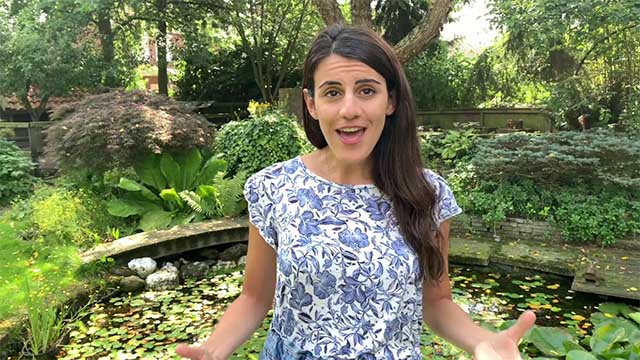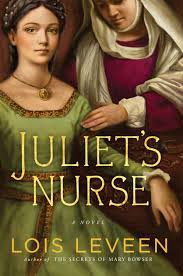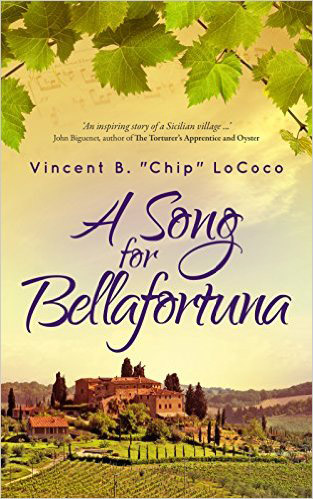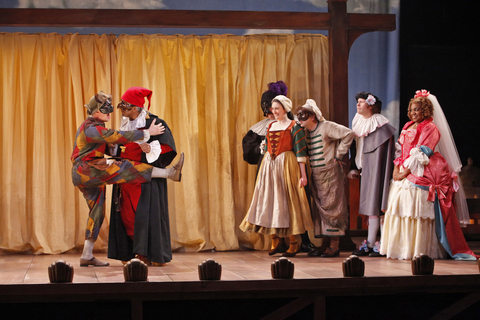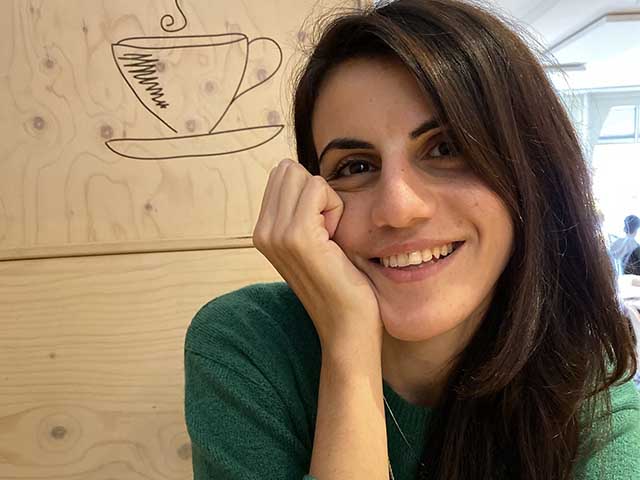
Serena Capilli: Autrice di Due Amiche
Serena Capilli: Author of Due Amiche
Il Libro Perfetto per Chi Impara l’Italiano
Due Amiche, the Perfect Book for Italian Language Learners
Serena Capilli è l’ispirazione dietro il blog www.italianpills.com dove negli ultimi dieci anni ha aiutato gli studenti a imparare l’italiano attraverso mezzi creativi e intelligenti. Ora ha scritto e pubblicato un divertente romanzo (romanzo breve) intitolato “Due Amiche” ambientato in Alto Adige.
Serena Capilli is the inspiration behind the blog www.italianpills.com where for the past ten years has helped students learn Italian through creative and intelligent means. Now she’s written and published an entertaining novella (a short novel) called “Due Amiche” that takes place in Alto Adige.
Sono felice di aver conosciuto Serena e sono entusiasta di rendere disponibile il suo nuovo libro sul sito di Studentessa Matta! Di recente, ho condotto un’intervista con Serena e volevo condividerla con te in modo che tu possa conoscerla meglio e saperne di più su di lei, sulla sua filosofia di insegnamento e sui suoi libri.
I am happy to have met Serena and I am thrilled to make her new book available on the Studentessa Matta website! Recently, I conducted an interview with Serena and wanted to share it with you so you can get to know her better and learn more about her, her teaching philosophy, and her books.
Intervista con Serena Capilli / Interview with Serena Capilli
Il Libro Perfetto per Chi Impara l’Italiano
Due Amiche, the Perfect Book for Italian Language Learners

Serena, raccontaci del tuo percorso. Dove vivi? Dove hai studiato? Cosa ti ha spinto a diventare insegnante di lingua italiana? Cosa fai attualmente?
Serena, tell us about your background. Where do you live? Where did you study? What made you decide to become an Italian language teacher? What do you do now?
Sono diventata insegnante di italiano per caso! Ho passato molti anni a studiare e lavorare all’estero (Francia, Cambridge, Tokyo, Bratislava, Spagna). Nei miei “giri” ho incontrato molte persone che volevano imparare l’italiano e mi sono trovata nelle vesti di “insegnante per gioco.”
Piano piano, ho scoperto che la mia passione per le lingue era contagiosa e che avrei potuto insegnare full-time. Ho lavoro inizialmente in corsi presenziali in scuole o a casa e da circa 7 anni lavoro esclusivamente online. Ho fondato una scuola (e un metodo) che si occupa dell’insegnamento dell’italiano ad adulti anglofoni. Lavoro in un team con altre due bravissime insegnanti, Valeria e Alice, scrivo sul mio blog (www.italianpills.com) e sono interamente concentrata sul trovare (e creare!) nuovi metodi innovativi che aiutino gli studenti adulti a padroneggiare una seconda lingua straniera, in particolare l’italiano.
I became an Italian teacher by chance! I spent many years studying and working abroad (France, Cambridge, Tokyo, Bratislava, Spain). In my “tours” I met many people who wanted to learn Italian and I found myself in the role of a “teacher for fun.” Slowly, I discovered that my passion for languages was contagious and that I could teach full-time. I initially taught courses in schools or at home and for about 7 years I have been working exclusively online. I founded a school (and a method) that deals with teaching Italian to English-speaking adults. I work in a team with two other very talented teachers, Valeria and Alice, I write on my blog (www.italianpills.com) and I am entirely focused on finding (and creating!) new innovative methods that help adult students to master a second foreign language, especially Italian.
Andiamo al pratico adesso, vivo a Roma con il mio ragazzo (americano!), ho fatto studi di comunicazione e linguistica in Italia e all’estero e sono un’insegnante di italiano certificata dall’Università di Venezia.
Now let’s get down to basics, I live in Rome with my boyfriend (American!), I studied communication and linguistics in Italy and abroad and I am an Italian teacher certified by the University of Venice.
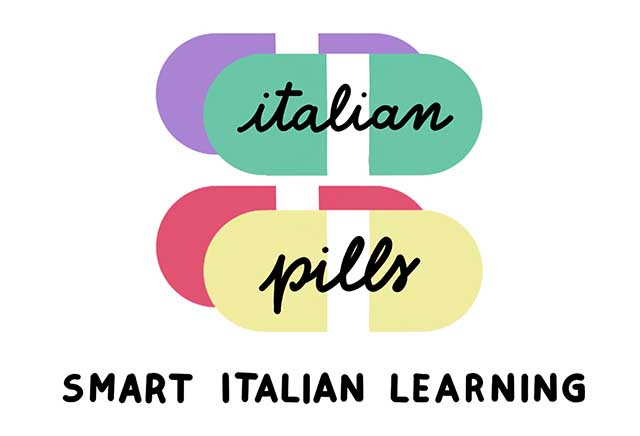
Parlaci delle tue filosofie di apprendimento.
Tell us about your learning philosophies.
Prima di essere insegnante, sono anche una studentessa matta, come te! Questo per dire che ho un un bel po’ di esperienza nel campo dell’apprendimento delle lingue, oltre che come insegnante. Direi che ci sono quattro fattori che possono determinare il successo di uno studente di lingue: il fattore numero uno è la costanza, il numero due la qualità dei materiali usati, numero tre la struttura, e infine la motivazione.
Before being a teacher, I was also a crazy student, like you! This is to say that I have quite a bit of experience in the field of language learning, as well as as a teacher. I would say that there are four factors that can determine the success of a language learner: number one is consistency, number two is the quality of the materials used, number three is structure, and finally motivation.
Che consiglio puoi dare a chi ha appena iniziato a studiare l’italiano?
What advice can you give someone who has just started learning Italian?
Di seguire un itinerario strutturato e di investire in bravi insegnanti o buoni corsi. Sono dell’opinione che per diventare bravi a parlare una lingua straniera, bisogni insistere sulle basi. Le basi in una lingua sono come le fondamenta di una casa. Con solide basi, si può costruire tanto e bene, e quindi raggiungere un buon livello. Se le basi sono poco solide, sarà difficile e faticoso costruire “la fluidità.”
To follow a structured itinerary and to invest in good teachers or good courses. I am of the opinion that to become good at speaking a foreign language, you need to insist on the basics. The basics in a language are like the foundations of a house. With solid foundations, you can build a lot and well, and thus reach a good level. If the foundations are not very solid, it will be difficult and tiring to build “fluidity.”
Che consiglio puoi dare agli studenti più avanzati?
What advice can you give to advanced students of Italian?
Leggere e soprattutto scrivere. Non limitarsi al “consumo della lingua”, ma continuare a studiare per espandere il vocabolario e le forme grammaticali avanzate. E soprattutto, non essere “pigri”. Il rischio è che quando si giunge a un livello intermedio-avanzato, si usano sempre le stesse parole o verbi, perché è più semplice o comodo. Dico invece che bisogna sempre sforzarsi a costruire frasi più belle e articolate.
Read and especially write. Don’t limit yourself to “language consumption,” but continue studying to expand vocabulary and advanced grammatical forms. And above all, don’t be “lazy.” The risk is that when you reach an intermediate-advanced level, you always use the same words or verbs, because it is easier or more comfortable. Instead, I say that we must always strive to build more beautiful and articulated sentences.
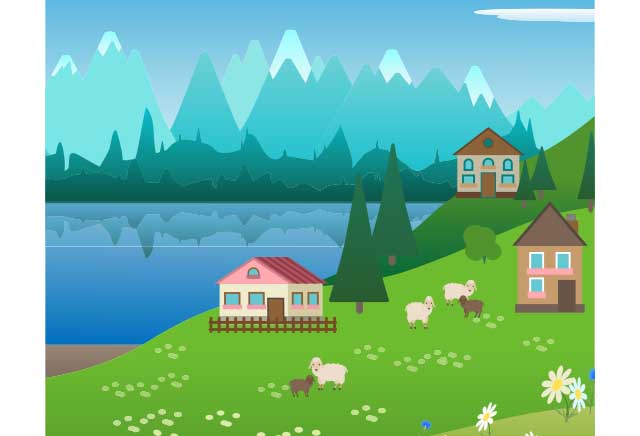
Adoro i tuoi libri di italiano! Come ti è venuta l’idea di scriverli?
I’m delighted with your Italian books. Where did you get the idea to write them?
Mi è venuta viaggiando in giro per l’Italia e poi parlando tanto con i miei studenti. Mi sono resa conto che molti stranieri spesso non approfittano della diversità dei paesaggi, della cultura, del cibo in Italia, non perché non vogliono farlo, ma perché sanno come fare! L’Italia è un ecosistema incredibile, molto ricco, diverso e complesso e questo può risultare “overwhelming” per un turista. Per questo ho deciso di raccontare gli usi e costumi delle diverse regioni del mio Paese attraverso semplici storie, che sono però basate sui miei viaggi reali! L’idea che il lettore possa imparare a capire gli usi e la cultura italiana nelle diverse regioni, scoprire nuovi posti “off the beaten track” da esplorare in autonomia e naturalmente praticare l’ascolto, la lettura e il vocabolario in italiano.
It came to me while traveling around Italy and then talking a lot with my students. I realized that many foreigners often do not take advantage of the diversity of landscapes, culture and food in Italy, not because they don’t want to do it, but because they don’t know how. Italy is an incredible ecosystem, very rich, diverse and complex and this can be “overwhelming” for a tourist. This is why I decided to tell the habits and customs of the different regions of my country through simple stories, which are however based on my real travels! The idea that the reader can learn to understand Italian customs and culture in different regions, discover new places “off the beaten track” to explore independently and of course practice listening, reading and vocabulary in Italian.
La storia si svolge in Alto Adige, una regione alpina nell’estremo nord della Penisola. Precisamente nella città di Merano. Questa è una delle aree più belle dell’Italia. E’ una regione che conosco molto bene perché ci vado molto spesso in vacanza ad agosto! Infatti, la storia è ispirataa eventi reali che ho vissuto durante i miei diversi soggiorni. La protagonista è un mio alter ego. L’amica Anna, è davvero una mia amica! Ma la cosa che mi sembra più interessante (e utile) è che i dialoghi nella storia sono molto naturali e riflettono situazioni tipiche dei mie viaggi in Alto Adige.
The story takes place in South Tyrol, an alpine region in the far north of the Peninsula. Precisely in the city of Merano. This is one of the most beautiful areas in Italy. It is a region that I know very well because I go there very often on holiday in August! In fact, the story is inspired by real events that I experienced during my various stays. The protagonist is my alter ego. Friend Anna, she is really a friend of mine! But the thing that seems most interesting (and useful) to me is that the dialogues in the story are very natural and reflect typical situations of my travels in South Tyrol.
Il libro consiste di 16 brevi capitoli, con audio narrato da me. Ogni capitolo comprende anche domande ed esercizi e utili spiegazioni grammaticali ottimizzate per studenti anglofoni. Ho previsto anche un set di flashcard per ogni capitolo, disponibile su Quizlet. E’ possibile usare il libro in modo indipendente e completare un capitolo al giorno per 16 giorni, ad esempio, o integrarlo in un corso di italiano.
The book consists of 16 short chapters, with audio narrated by me. Each chapter also includes questions and exercises and useful grammar explanations optimized for English-speaking students. I have also provided a set of flashcards for each chapter, available on Quizlet. It is possible to use the book independently and complete one chapter a day for 16 days, for example, or integrate it into an Italian course.
Grazie di cuore, Serena, per averci fatto compagnia sul blog Matta!
Serena è l’autrice di Due Amiche,
il libro ideale per chi sta imparando l’italiano.
